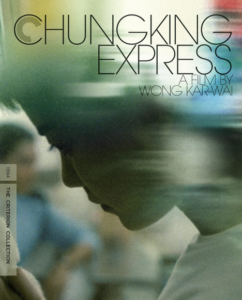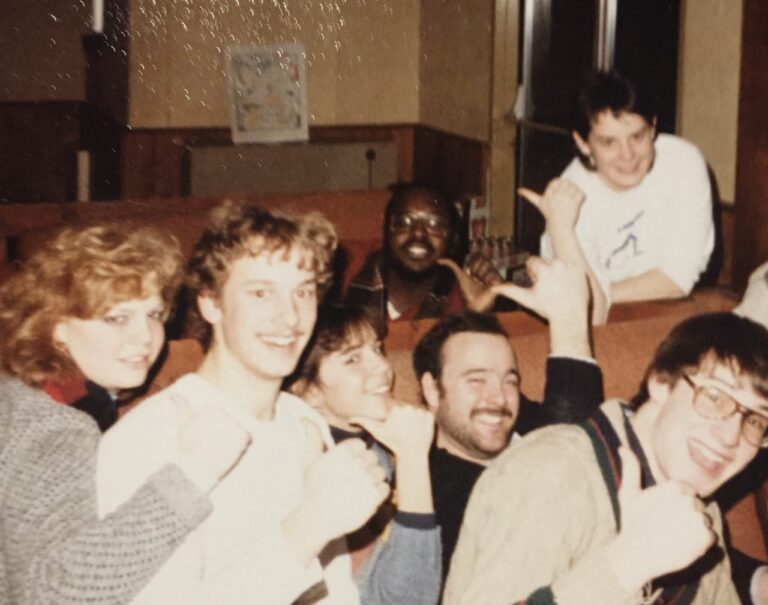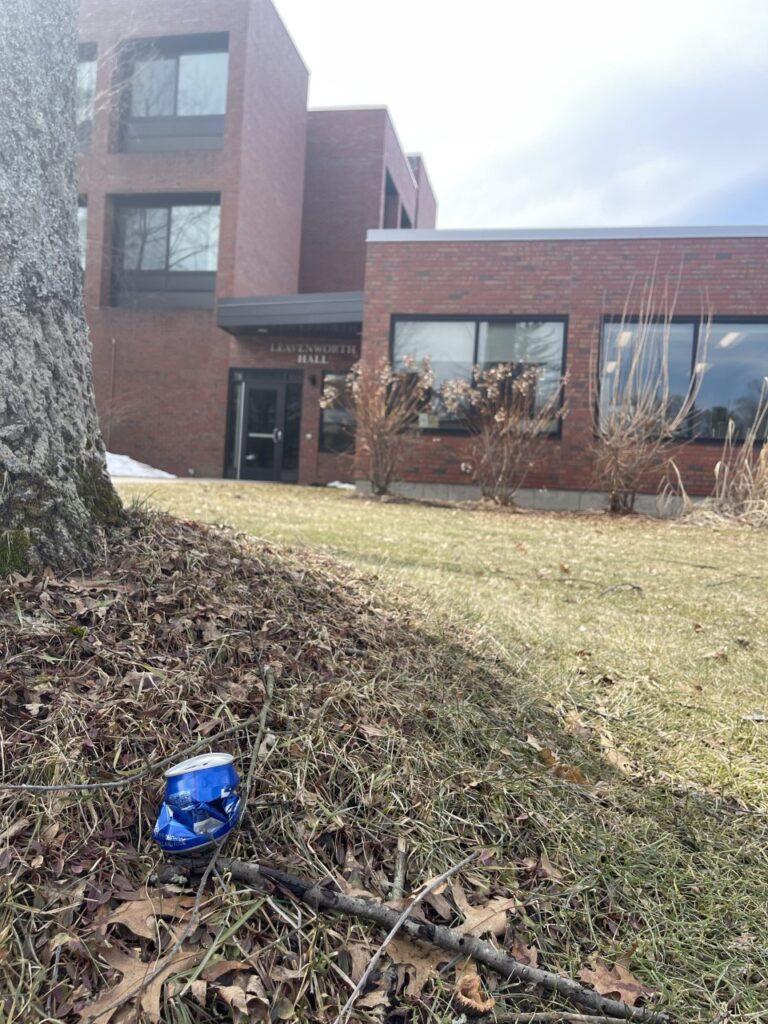The Visual Poetry of ‘Chungking Express’

When I think about the first time I felt love for filmmaking and movies, I remember this fire running through my chest when I watched “Cinema Paradiso” by Giuseppe Tornatore almost four years ago.
I was completely mesmerized; I couldn’t take my eyes off the screen and I almost couldn’t breathe. That’s when I realized the power that cinema in conveying emotions and has something more than pure entertainment.
Cinema as a visual medium has the potential to be one of the most versatile art forms for the simple fact that it is a combination of all other arts.
The whole production team and crew pours their hearts to make it happen.
Everything converges into a beautiful visual that captures your attention for at least 90 minutes. And those 90 minutes are all it needs to draw you in and make you want to see more, learn more, explore more.
Director Wong Kar-Wai stands out for me, and though I’m still exploring his filmography, what I’ve been able to see from him makes me not want to go back. There are a few directors that move me in that sense. He provides an honest and sharp sensibility to his films that you don’t see often.
“Chungking Express” is a movie that talks about the loss of a romantic relationship and how that makes you lose yourself, but also the love and memories of when times were good. Two stories are intertwined in a genius narrative in this tale of loss, connecting both stories by a thematic similarity.
He Qiwu, a Taiwanese cop, struggles with the separation with his longtime girlfriend, May. Often wandering around wishing to revive that connection or have some sort of another bond, he buys cans of pineapple slices daily (her favorite fruit) hoping he could stop buying them when she comes back. Another cop grieves the loss of his flight attendant girlfriend while simultaneously falling in love with Faye, a girl working in a snack bar which he frequents daily.
The film is powerful in the way it makes you feel and see how pain and loneliness manifest whenever something tears us apart. It makes you feel the isolation, the frustration and the inner desires of the characters.
Showcasing multiple sequences in low frame rates and portraying Hong Kong as a fast-paced city, neon lighting in red, blue, yellow, and green color palettes are used to portray mysticism. It definitely makes you feel like you are in a dream, often making you feel dizzy and disoriented.
Kar-Wai uses metaphors in the film in the shape of objects that are around the characters — objects in which they can find solace for their pain. In the end, all they desire is someone else who understands them.
In interviews, the director said he wanted to represent the space of possibilities for human connection in a big city, making us reflect on how many lives we could touch if we cared to meet those we brush shoulders with in the busy streets or in the subway. There’s a 0.01 cm between us and the world, and if we cross that gap, we could be a part of someone else’s story or create our own.
This film profoundly moved me and found me in the right time when I could really stand to watch it and not be broken by it.
Kar-Wai proves with his films that you can convey the mishaps of love and relationships in the purest form of visual poetry.
Film is more than just film to me, and movies like this one prove it.








